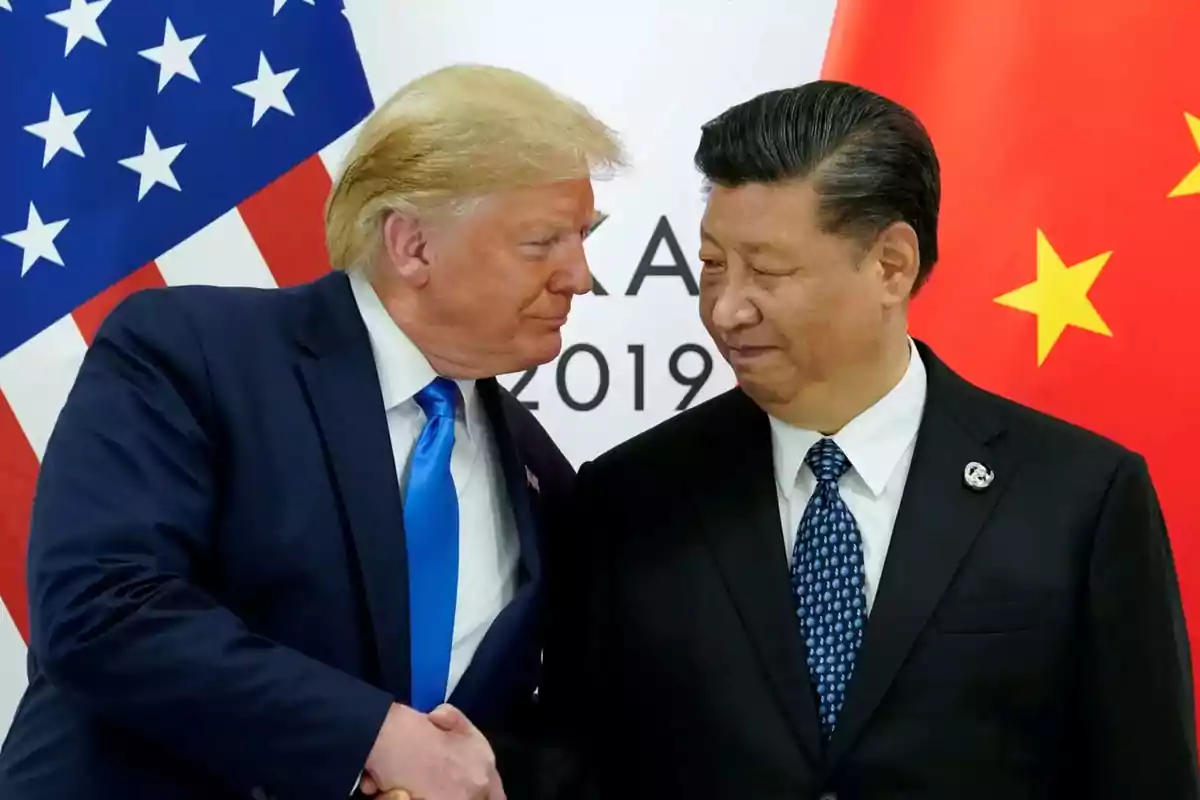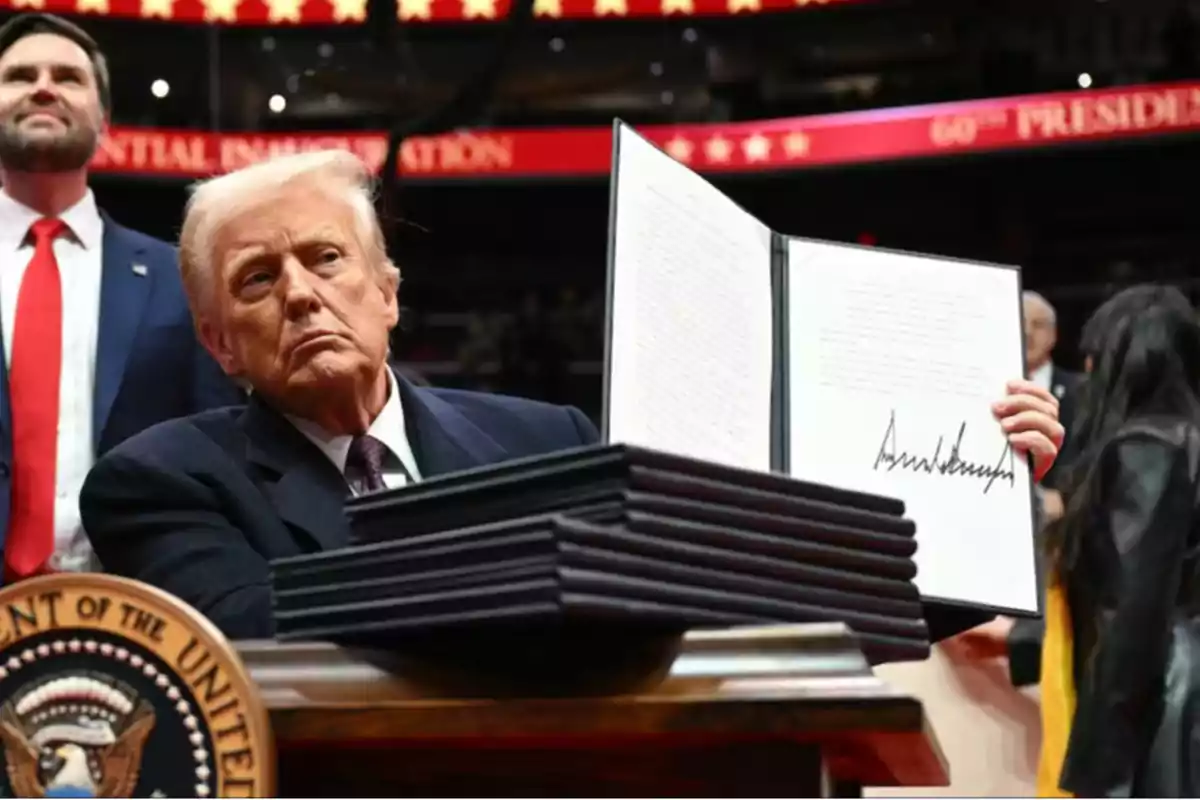
China would consider helping the US combat fentanyl in exchange for reducing tariffs.
The Chinese dictatorship is accused of supplying fentanyl to drug cartels in Mexico and Canada
A few days ago, amid the intense trade disputes with China, the President of the United States, Donald Trump, launched new criticisms against the Chinese dictatorship of Xi Jinping, whom he blamed for continuing to supply fentanyl to the drug cartels in Mexico and Canada, from where -subsequently- the substance enters U.S. soil.
The Republican leader reiterated his request to Beijing to stop these actions, despite Chinese authorities claiming last March that they implemented supposed “very strict controls” to combat this issue.
However, in this scenario of growing tensions and the trade confrontation with Washington, Beijing might backtrack and open a new dialogue path, focused precisely on the fight against fentanyl trafficking.
According to The New York Times, senior representatives of the Chinese regime might be considering an approach that involves strengthening bilateral collaboration on this matter, with the aim of reducing frictions in the prolonged tariff dispute between both powers.

Fentanyl as a diplomatic tool
For some time, China has used the control of fentanyl and the chemical components necessary for its manufacture as a diplomatic tool in its relationship with the United States. In 2019, for example, it imposed a total ban on all forms of the opioid as part of a strategy to reduce trade tensions during Donald Trump's first term. This decision came after the then U.S. president accused Beijing of not acting firmly enough to curb the circulation of the narcotic.
More recently, the U.S. administration increased pressure for the Chinese government to take concrete actions regarding fentanyl precursors. As a result, legal loopholes that allowed the shipment of small quantities of these chemicals to the U.S. were closed.
Meanwhile, the White House supported the implementation of new tariffs of up to 10%, using this issue as justification. In response, Beijing applied tariffs at the same level and warned that it was prepared to “fight to the last consequences” against what it described as a form of “extortion”.

However, now China seems to be exploring alternatives to reopen negotiation channels. According to information published by The New York Times, Beijing might be considering presenting a proposal for enhanced cooperation in the fight against fentanyl, which would include the possible trip to the U.S. capital by Wang Xiaohong, the country's top internal security official.
Wang, in addition to being a close collaborator of dictator Xi Jinping, heads the National Narcotics Control Commission. According to the cited sources, this gesture would seek to pave the way for bilateral agreements aimed at reducing tariffs, opening a less confrontational path on the international stage.
However, despite efforts on the diplomatic front, fentanyl trafficking continues to represent both a political and technical challenge. Shen Dingli, an academic specializing in international relations based in Shanghai, argues that China has full capacity to contain this problem.
“China is one of the most effective countries in the world in terms of control”, stated the expert, who noted not being aware of Beijing's potential plans to open negotiations around fentanyl. He added: “The fentanyl problem has never been an unsolvable technical issue. It's just a political problem that could be solved in seconds if there were sincerity”.
The Chinese regime repeatedly rejected accusations of being responsible for the overdose crisis affecting U.S. territory, arguing that the origin of the problem lies in the internal social conditions of that country.
While the Chinese dictatorship seeks ways to reactivate trade negotiations, progress in cooperation on fentanyl could become a key piece to inaugurate a new stage of dialogue between both global powers.
More posts: